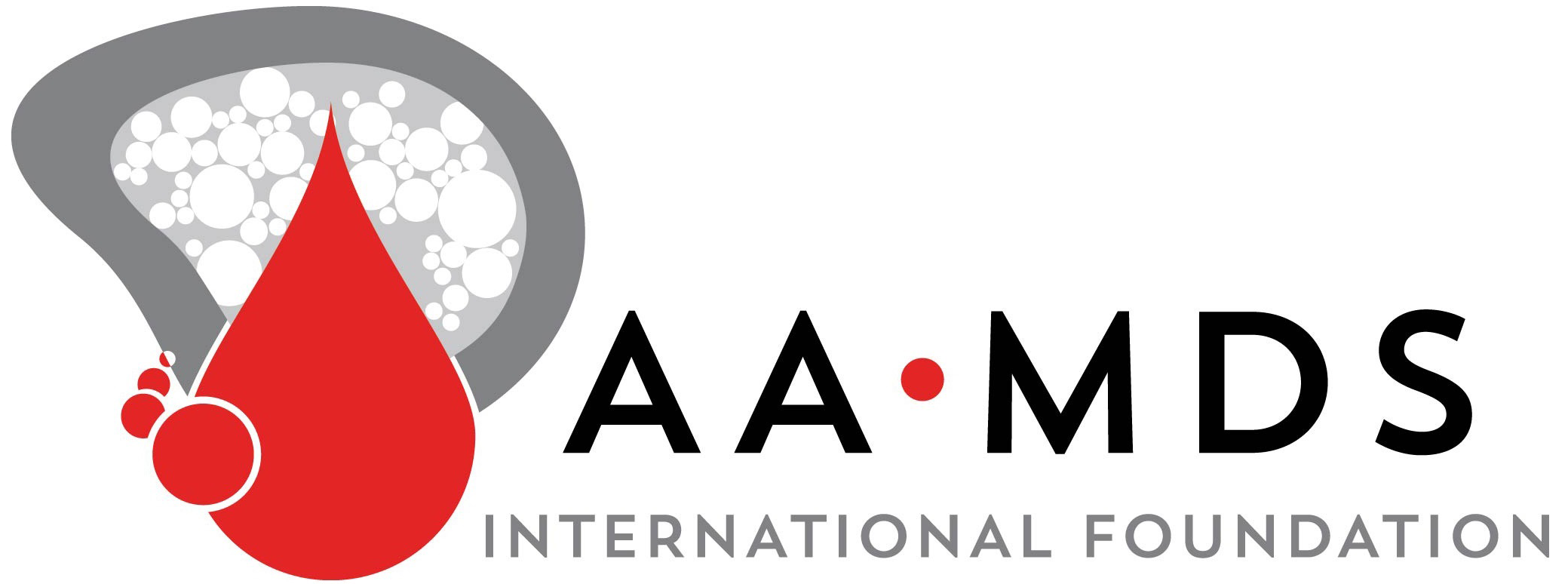
|Videos|January 11, 2019
It's an Exciting Time for Myelodysplastic Syndrome
Author(s)Amy DeZern, M.D.

Learning more about MDS will lead to better diagnostics and more personalized treatments.
Advertisement
It’s an exciting time in the field of myelodysplastic syndrome (MDS), explained Amy DeZern, M.D., associate professor of Oncology and Medicine at the Johns Hopkins University School of Medicine.
Researchers and practitioners alike are learning more about the biology of the disease, as well as the molecular mutations that come along with it. This is helping to differentiate different subtypes of MDS — it is not a heterogenous disease – which will lead to better diagnostic and prognostic accuracy, as well as paving the way for the use of targeted therapy in this space.
Advertisement
Advertisement
Advertisement
Trending on CURE
1
FDA Updates Safety Warnings for Common Chemotherapy Drugs
2
Real-World Data with Amtagvi Show High Response Rates in Advanced Melanoma
3
New Combination Treatment Approach Studied in Pancreatic Cancer
4
Chemo Brain is Real: My Experience with a Clinical Study and What It Can Teach Us
5




